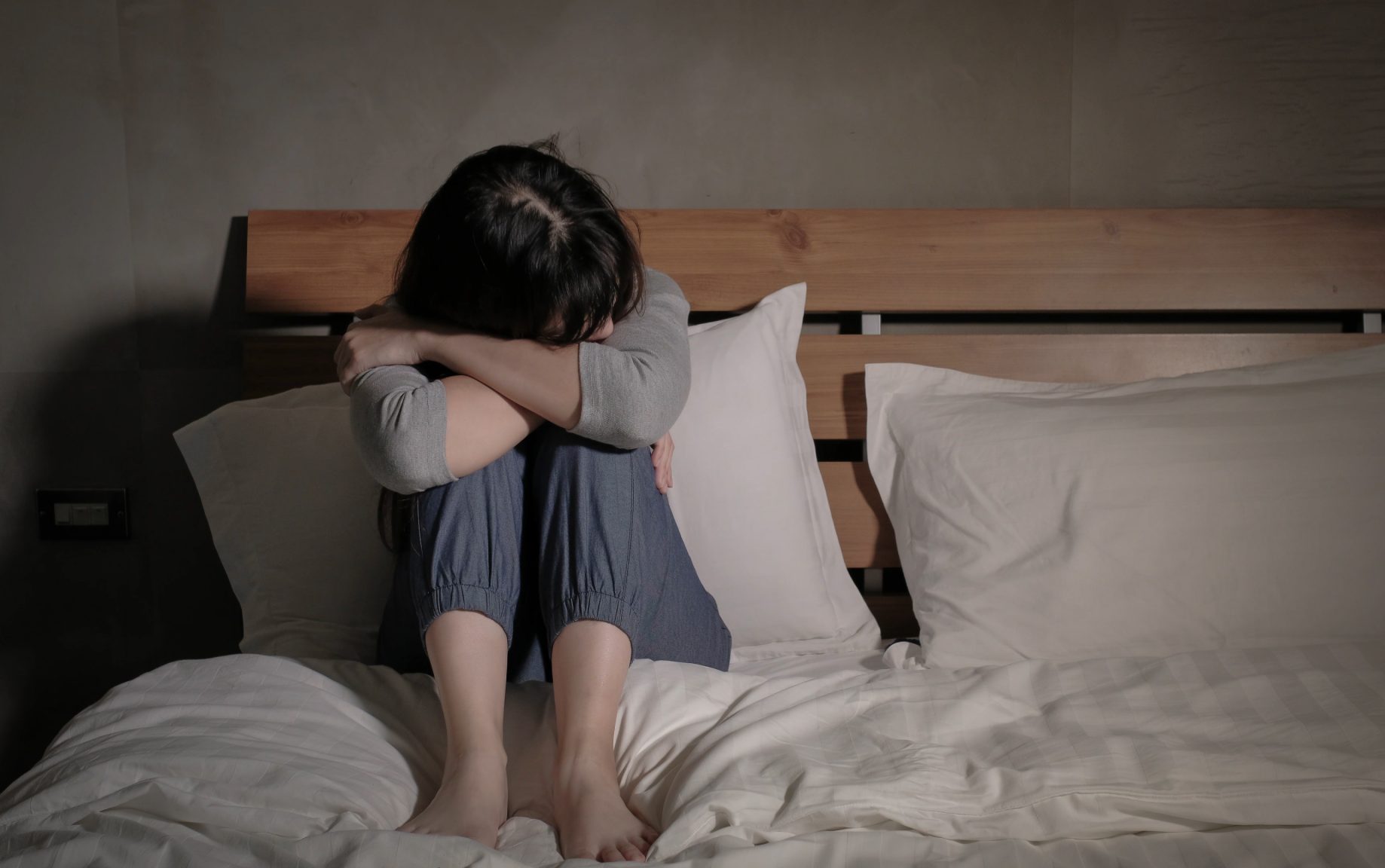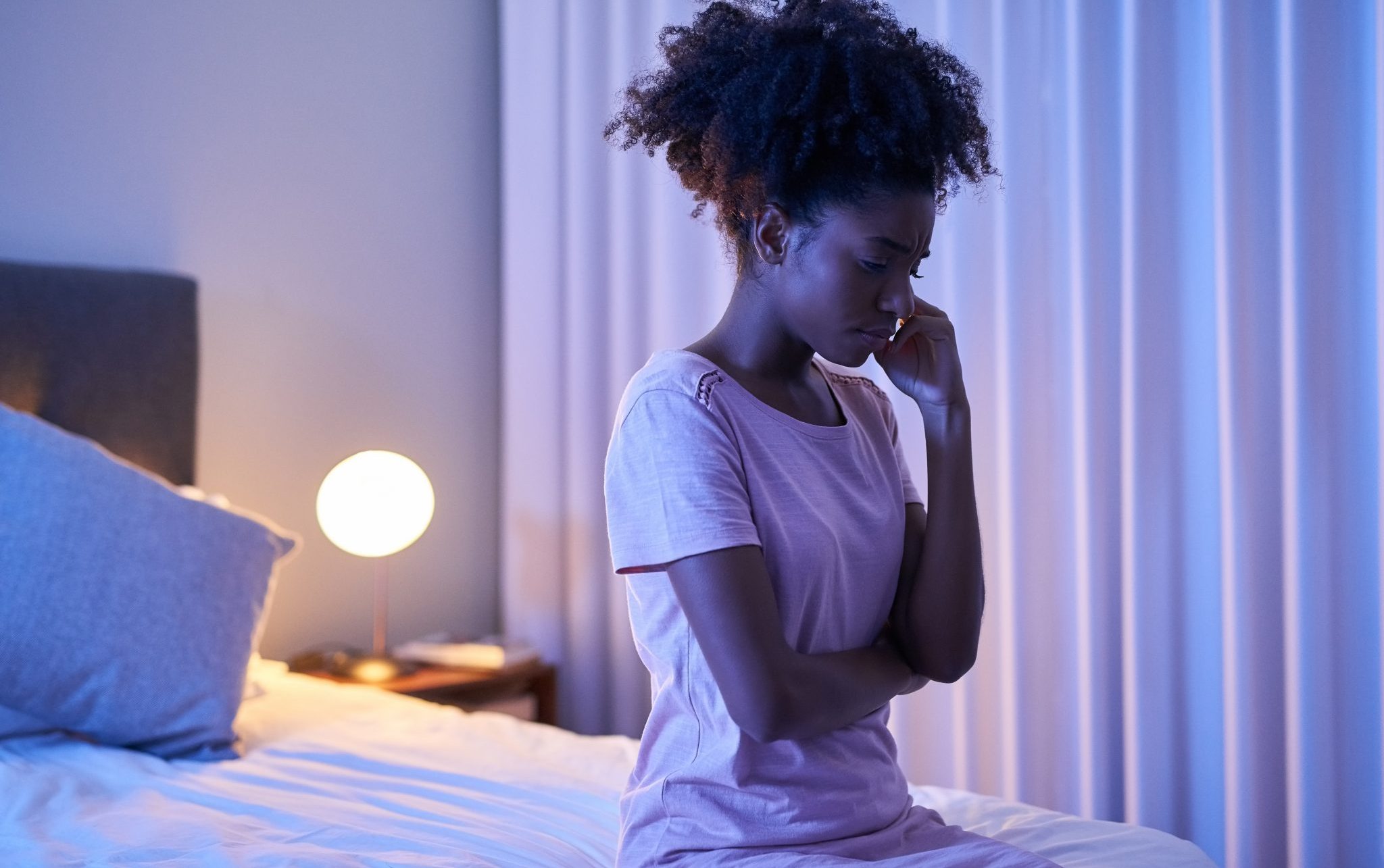Sleeping is precious to us – it’s resting and beneficial on all fronts. It contributes to the body’s self-healing and self-repairing processes. In terms of its importance it goes on par with drinking water, eating and exercising. That’s why we always look forward to a peaceful and undisturbed night.
Unfortunately, in our fast-paced world, the quality of nighttime rest has dramatically diminished, and one out of three people experience occasional insomnia and other snooze-related problems. Learning about different types of sleep disorders helps to understand what you or your loved ones might be up against. Also, this way you will not disregard the red flags that pop up to warn you against maintaining certain habits or may even hint towards essential lifestyle changes.
But let’s start from the top.
What stands in the way of a good quality shut-eye?

Although doze problems may be caused by different factors, the outcome is usually similar: snooze deprivation or exaggeration, chronic fatigue and a poor quality of life as a result. If we are to talk about chronic conditions, main factors that may trigger them can include:
- Chronic pain
- Medical issues
- Mental disorders (that include depression, stress-induced problems etc.)
- Use of stimulants on a regular basis (alcohol, drugs, caffeine)
- Side-effects of certain medications (e.g. antidepressants)
- Irregular sleep cycles (e.g. juggling night and day shifts at work)
- Genetics (certain disorders can be passed down through generations)
- Aging processes (people over the age of 60 tend to have problems with sleep)
List of most common sleep disorders
They are medical conditions or patterns that negatively impact the quality of our zzz’s. Nowadays we can frequently come across conditions that were unheard of some 40-50 years ago. And it’s an upsetting tendency. Here’s just a short list of the most wide-spread disorders that probably already sound familiar to you:
1. Snoring and apnea
Snoring may be a benign, a one-time episode caused by nighttime alcohol consumption, a blocked nose or simply because you fell dozed off in an uncomfortable position (e.g. lying on your back). Still, take it as a warning sign that needs checking, since it can mean that you have breathing problems. If so, sleep apnea may not be that far behind. It’s a much more serious condition where the person frequently stops breathing for 10 seconds during the night. It can be traced to the problems with the upper airway or such health conditions as hypertension, diabetes or heart failure.
2. Insomnia

Insomnia is the most common type of sleep deprivation. It ruthlessly keeps a person awake well until the sunrise or have them wake up in the dead of the night without the chance to nod off again.
Symptoms of acute insomnia often come and go, leaving no trace. It is usually the effect of a jet lag, anticipation stress, anxiety, long naps, the use of stimulants, outside noise and other disturbances. Short-term insomnia is not completely harmless, of course, as it can grow into a bigger and more serious problem. When it becomes your late-night companion three times a week for three or more months in a row, it turns into a chronic condition. And, in this case, it can be linked to the following factors:
- Irregular snooze pattern
- Never-ending stress
- Unhealthy bedtime habits
- Irregular shifts and work schedules
- Changing life circumstances
- Chronic pain
- Depression and other neurological conditions
People with short sleep duration feel sluggish, often out of focus and as if drained of all energy the next day. And more often than not irritation, aggression and mood swings string along. As the problems progress, people may find themselves amidst serious physical and mental problems. In this case your doctor may prescribe aid medications, anti-anxiety drugs or acupuncture, depending on the roots of the problem.
3. Narcolepsy
This neurological condition is believed to be an autoimmune disease because it’s caused by a false response from our immune system. There are landmark symptoms that usually point to the direction of narcolepsy:
- People suffering from it usually feel very sleepy in broad daylight, no matter how much shuteye they had. Drowsiness can be so fierce it may force them to slumber at inappropriate time.
- It tends to mess up the onset of snooze stages. For example, the dream stage may start right after your head hits the pillow which is very unusual.
- Hallucinations are not uncommon either. They happen because of the disrupted boundaries between dreams and reality. It means you wake up amidst your dream stage and your dreams carry over.
4. Sleep paralysis
Sleep paralysis is an all-time companion of narcolepsy and a problem on its own. We cycle through different stages of sleep during the night. In the deeper—or the dream—stage the brain temporarily shuts down our muscles so that we won’t act at our dreams. Most people come out of this phase faster than the others. If your brain, for some reason, wakes up before it starts the engines again, your muscles will need a few minutes to catch up, hence, the paralysis.
5. Parasomnias
If you have ever happened to see your roommate or sibling stand up in their sleep and start talking or doing some strange stuff, its likely you were a little freaked out. Unpredictable behaviors, like sleepwalking, hallucinations, teeth grinding, night terrors are all known as parasomnias. What happens is that people are caught in-between their dream world and waking, without any knowledge of it. To a random onlooker it may seem that these people opened they eyes but forgot to actually wake up. The unusual behaviors happen because the regular transition between the snooze stages becomes blurred. The good news is that parasomnias last for only about 5 minutes or less, although it can feel a lot longer. The best thing you can do, as an onlooker, is try not to wake the sleeping person up. Because if you do, you can scare him or her even more and prolong the episode.
6. Oversleeping or hypersomnia
Sleeping too long is far from being a cure-all solution, despite of what someone might think. Those who tend to oversleep become less active during the day, often feel out of focus, start having memory problems and suffer from regular headaches and back pains. But it’s only the tip of the iceberg. Apart from an inconsistent sleep routine, oversleeping may be caused by serious health conditions, like diabetes and heart problems. Or mental conditions, like depression. While sleeping is great and vital for human health, too much of it can even significantly shorten overall lifespan.
7. Restless leg syndrome
This condition can be characterized by uncontrollable trembling in the legs triggered by burning or tingling sensations that are hard to shake. The symptoms of this disorder often occur when a person’s at rest or closer to their bedtime making falling asleep difficult. Light exercise or walking can dial down the symptoms.
Restless leg syndrome can often be stress-induced, but if neglected the symptoms can become more persistent and turn into more serious neurological conditions.
Having said all this, if you don’t sleep well, don’t rush to conclusions too soon. For example, if you had one sleepless night it doesn’t mean you immediately have chronic insomnia. It’s only when your precious shuteye is disrupted on a regular basis that you should ring the alarm. It always pays, however, to practice good sleep hygiene and adopt healthy bedtime habits in order to kick away the first symptoms of the sneaky disorders listed above. However, if a certain disorder becomes a chronic condition, don’t put off its treatment till later. Addressing the problem properly will help you catch up on that beauty sleep without any interruptions and improve the overall quality of your life.






































